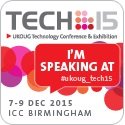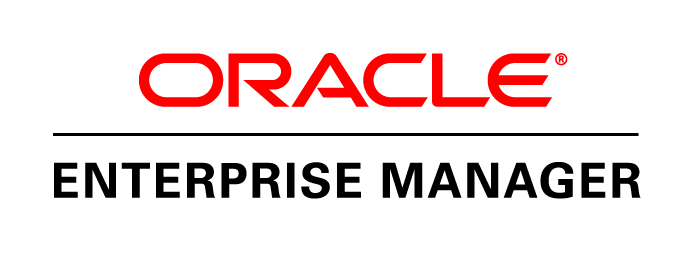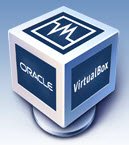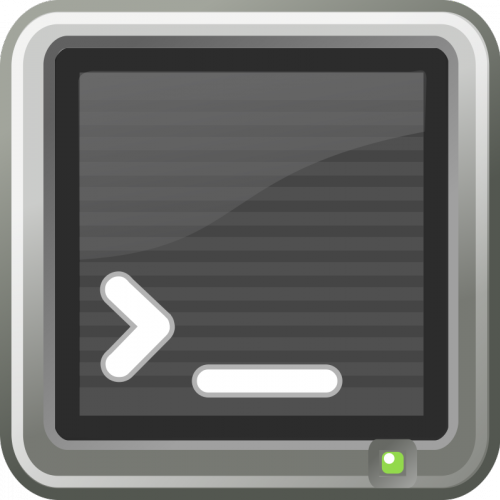 Today was a full day at UKOUG Tech15. Yay!
Today was a full day at UKOUG Tech15. Yay!
Zahid Anwar rescued my laptop charger, and left it at the Version 1 stand for me to pick up. Thanks guys!
My first session was at 10:00, which was called Pluggable Databases: What They Will Break & Why You Should Use Them Anyway! I like giving this presentation and the crowd seemed to respond really well to it. Maybe I’ve converted a few people? Quote of the day must go to Jonathan Lewis who said,
“I enjoyed your presentation, but I don’t know why.”
I am being very selective with that quote, because it made me laugh. 🙂 Actually, Jonathan was very complementary, as were a number of the other speakers that were present. I know it’s not about trying to impress other speakers, but it is really nice when you get a good response from them as well as the audience. 🙂 The questions ran into the break, including three questions that I didn’t know the answer to. They are on my list of things to find out.
From there I just bounced around catching up with friends, both old and new, answering questions, speaking to people in the exhibition hall and filming a couple of segments for OTN.
At about 15:00 I got a major energy slump and was considering going home, but Noel Portugal persuaded me to go to his session on Internet of Things (IoT). As I was walking to it I bumped into Lars Ulveseth who made a comment about the weather, which confused me a little. When I quizzed him, he explained it was a reference to my session called It’s raining data! Oracle databases in the cloud, which he was just heading to. I told him I wasn’t presenting that, so he pointed me to the agenda and sure enough, I was down to present it at 15:30. Talk about shocked and surprised! After changing my underwear, it was off to do my last presentation of UKOUG Tech15! 🙂
Even though I got to the session on time and did the talk, I am still incredibly freaked out by it all. I keep thinking, what if I had gone home? What if I had not bumped into Lars? What if it had been earlier in the day and I had missed it? I am still mortified now thinking how easily I could have missed it. 🙁 On reflection, I remember being accepted for 3 sessions, but in my head they were all database sessions. When I looked through the database track, only two were present, so I though the other one must have got pulled. It turns out this session was marked as virtualization, not database, so I never saw it on the grid. If you look on my UKOUG Tech15 : See you there! post from the other day, you’ll notice I didn’t mention it. 🙁 Anyway, all’s well that ends well!
Thanks to the hardcore crowd that sat through the last session of the day, when the rest of the people had gone home or headed off to the German market to do Christmas shopping! 🙂 I got some questions during and after the session, and the people I spoke to afterwards seemed pleased with what I presented. It’s really a collection of my observations while trying out AWS, Azure and Oracle Cloud.
One of the guys in the crowd was also working at a UK University in a similar role to me, using a bunch of similar tech and higher education (HE) software, so we spent about an hour chatting once the session was over, then walked to the station together. It was a really nice example of the networking that is possible at these events. Hopefully we will be able to help each other out in future!
So that’s my last conference for the year, and apart from me being a dumb-ass and nearly missing a session, it was a really great day. Thanks to UKOUG for giving me the opportunity to speak three times this year. 🙂 Thanks to everyone that came to my sessions, asked me questions, and tolerated me talking the hind legs off a donkey! 🙂 Thanks also to the Oracle ACE Program for allow me to keep flying the flag, even in my home town. 🙂
Tomorrow morning I’m doing a talk to the students at Birmingham City University, then it’s back to my job and normal life for the rest of the year. 🙂
Cheers
Tim…






 One of the developers asked me to copy a small table from Live to Dev. In situations like this, my first thought is to use the SQL*Plus COPY command. By the way, this command is also available in
One of the developers asked me to copy a small table from Live to Dev. In situations like this, my first thought is to use the SQL*Plus COPY command. By the way, this command is also available in